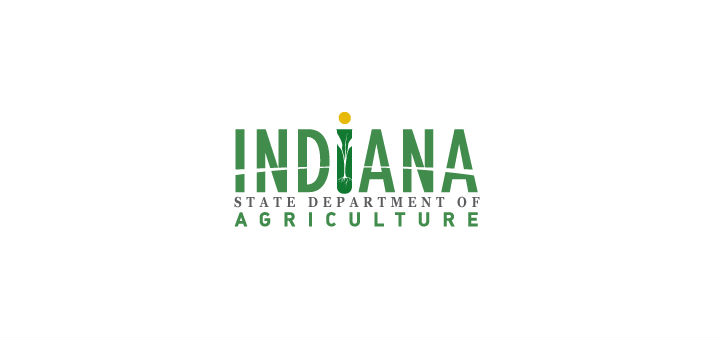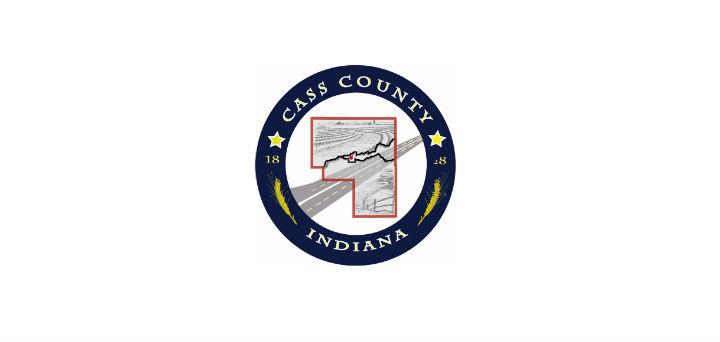Last Updated on July 23, 2021 by Indiana State Department of Agriculture
INDIANAPOLIS — Lt. Gov. Crouch and the Indiana State Department of Agriculture (ISDA) announced Wednesday that 11 food banks serving Indiana will receive a combined total of $1 million dollars, through the General Assembly, to support their efforts in feeding food insecure Hoosiers. This funding amount was more than tripled from years past.
“Food banks are tremendous assets for supporting Hoosiers, and it is great to see increased funding go to 11 food banks across Indiana,” Crouch said. “These community organizations were staples during the COVID-19 pandemic and went above and beyond to feed Hoosiers. I am proud to support their efforts each and every day.”
According to Feeding Indiana’s Hungry, nearly 1.2 million Hoosiers were food insecure at the height of the pandemic. In children, the risk was even higher with one in every four children being at risk of hunger. The 11 food banks awarded distributed more than 156 million pounds of food in 2020 to mobile pantries, food pantries and community kitchens across the state. Alongside food supplementation, they also supply in need Hoosiers with household essentials.
“Even with significant help coming from federal nutrition programs, we still expect more than 13 percent of all Hoosiers, and as many as one in six Hoosier children, to be unsure from where their next meal will come from this year,” said Emily Bryant, executive director of Feeding Indiana’s Hungry. “We’re grateful for the support of the General Assembly, Lt. Gov. Crouch and the Indiana State Department of Agriculture for providing additional support to our members to enable them to increase their capacity and ability to serve their communities.”
ISDA Director Bruce Kettler is hopeful this increased funding will go a long way in supporting these organizations.
“Our department is humbled to be able to support these non-profit organizations each year through funding from the General Assembly, and this year was no exception,” said Kettler. “We are so pleased we were able to offer most organizations more than double the amount they would normally receive. This funding will be able to help food insecure Hoosiers throughout our state and we are happy to support their efforts.”
The funding was provided by the Indiana Legislature, as part of the biennial budget. The distribution amounts were determined using The Emergency Food Assistance Program (TFAP) fair share percentages for Indiana, which captures poverty and unemployment levels in each county.
One award recipient is Community Harvest Food Bank from Fort Wayne, where last year they served over 112,000 Hoosiers.
“It takes all of us to fight hunger, and we are so grateful to our representatives in northeast Indiana who know what we do and recognize the increased need in our region,” said Carmen Cumberland, president and CEO of Community Harvest Food Bank. “With so many people still having to choose between paying for food and other necessities, this additional funding received from ISDA will help ensure no child, Veteran, senior, or family has to worry about where their next meal will be obtained. These funds will be used to purchase food locally, benefiting Hoosier families here in northeast Indiana.”
The following list includes the food banks that received funding for fiscal year 2022:
- Community Harvest Food Bank – $99,400
- Dare to Care Food Bank – $36,100
- Food Bank of Northern Indiana – $115,800
- Food Bank of Northwest Indiana – $97,300
- Food Finders Food Bank, Inc. – $93,200
- FreeStore Foodbank– $8,500
- Gleaners Food Bank of Indiana, Inc. – $321,600
- Hoosier Hills Food Bank, Inc. – $43,900
- Second Harvest Food Bank of East Central IN, Inc. – $79,000
- Terre Haute Catholic Charities Foodbank, Inc. – $43,500
- Tri-State Food Bank, Inc. – $61,700
Visit isda.in.gov to learn more about the department. Visit feedingindianashungry.org to learn more about Feeding Indiana’s Hungry.
SOURCE: News release from Indiana State Department of Agriculture






